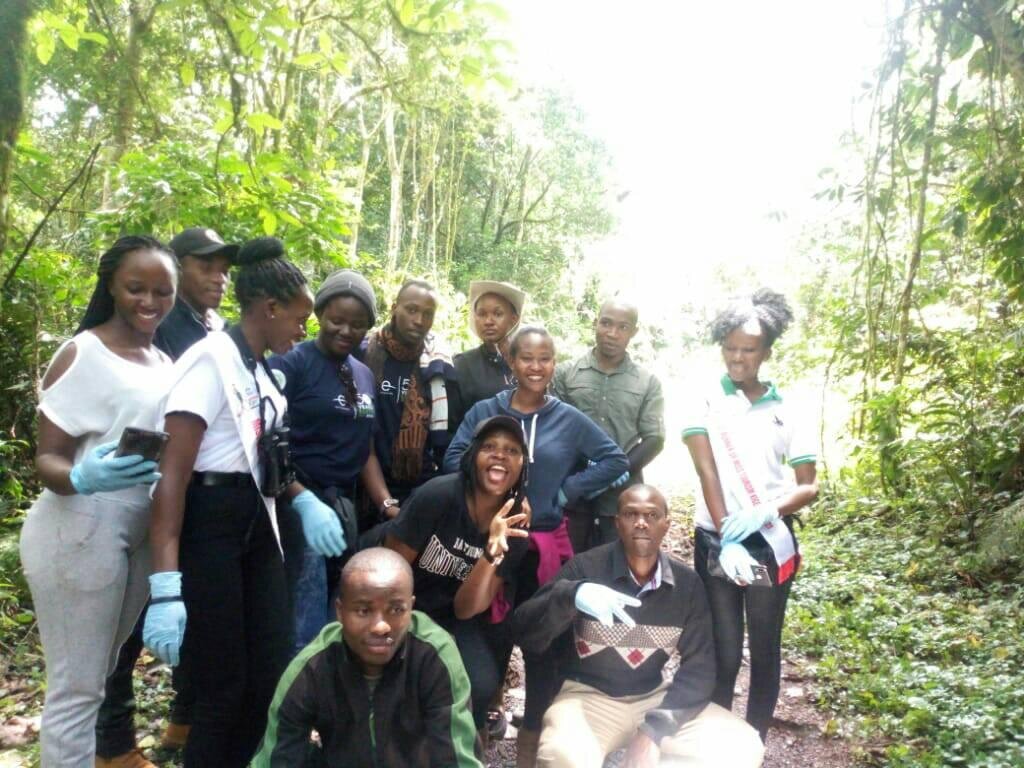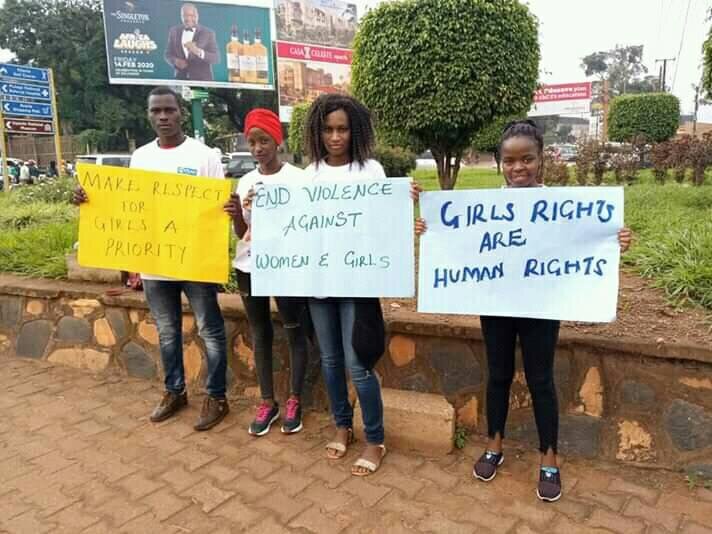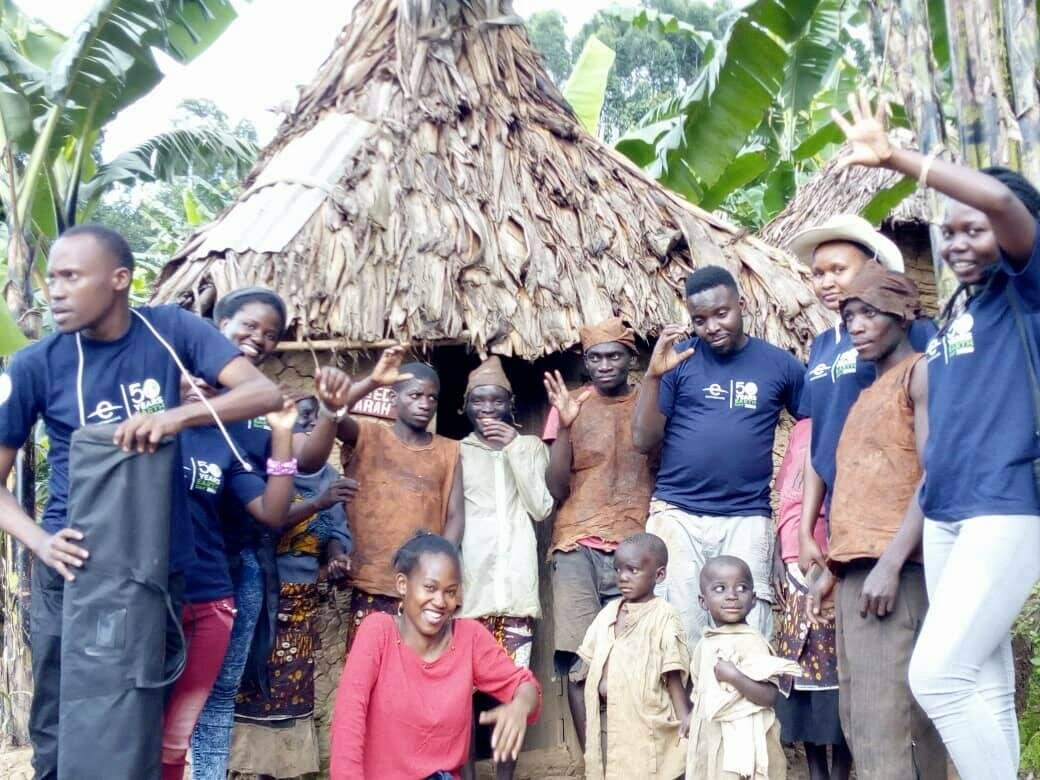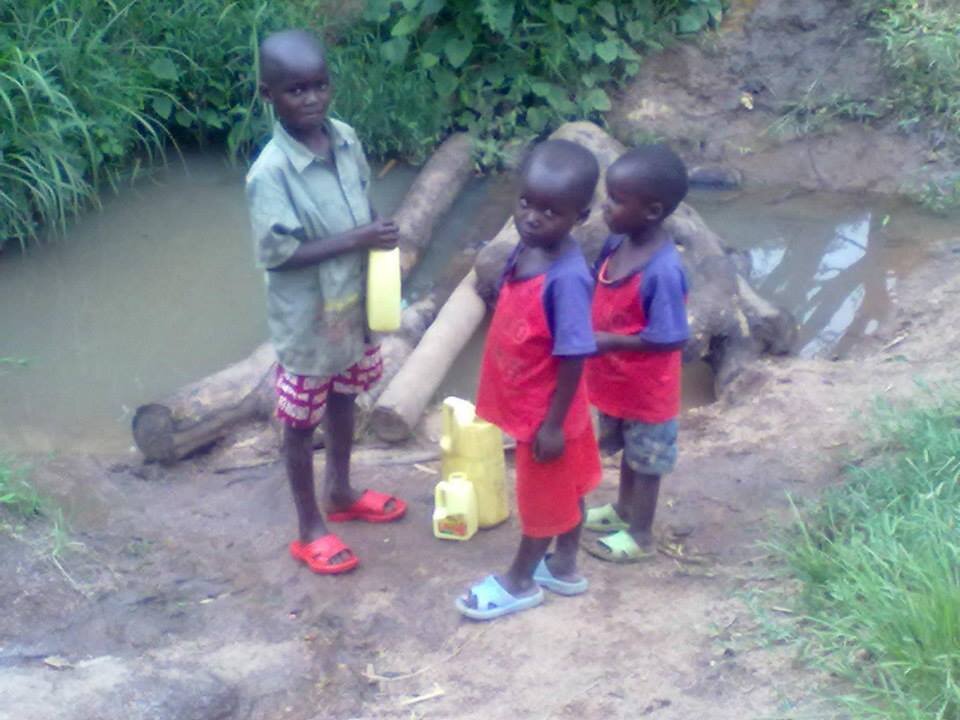The Reality of Education in Uganda
People of the 21st century. What are they complaining about? The growing influence of the artificial intelligence? Trip to Mars? 3D-printing and genetic engineering? We live in a digital world, full of innovations and breakthroughs in all aspects of our life. But not all of us… There are still people who suffer from a lack of basic things which seem to be self-understanding, but which are also so important in the life of each of us.
I am glad to introduce you to my dialogue with Ronnie Sentamu, principal of the Muwanga Development Association in Uganda. Together, we will explore challenges of real people from a different perspective.
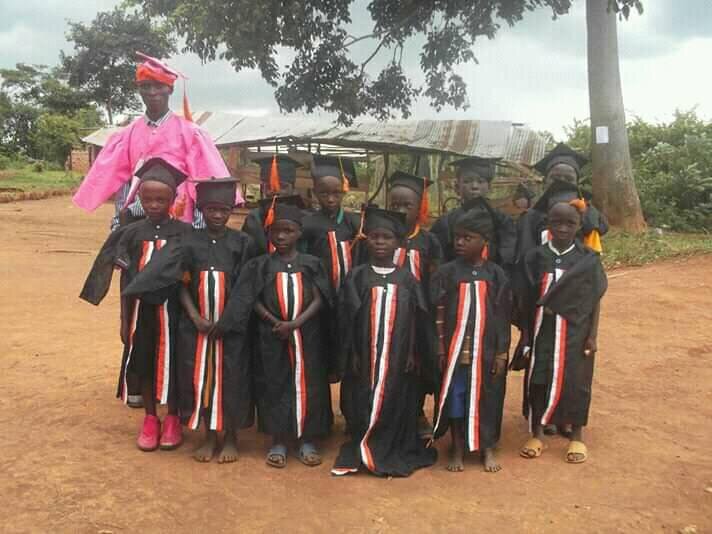
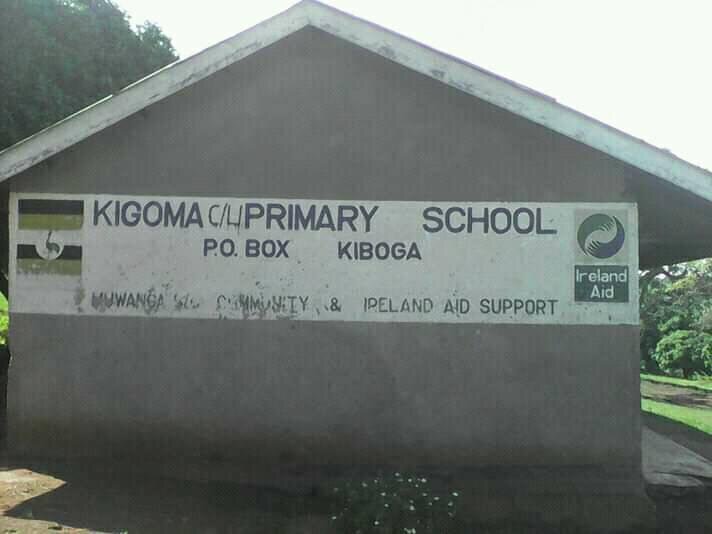
Hello, principal Sentamu. Let’s take a look at the beginning of your career. How did you come to the idea to found your own school?
I founded the school back in 2014. The idea came to me due a large number of orphan children on the streets of our village. They could not afford to pay student fees and had no possibility to get an education. I have sent a proposal to the Irish Aid Department. I provided a site territory and the Department helped us to build the school. I recruited teachers to enable a good future for those poor and orphan children of our village.
Could you tell more about your current work? Which subjects do you provide for teaching at your school? How many students and teachers do you have at the moment?
The total number of students is over 250, both: girls and boys. We have students ranging from primary one to primary seven. There are only 4 subjects taught at our school; those are English, maths, social studies and science. I try to keep the situation under control, but we do not have enough teachers, food, and resources in general… There are 10 paid teachers and 5 volunteers, they all are from Uganda. The paid ones are paid on time. Our school cannot afford it and I am looking for donors to support our work. There is also a need in some interactive projects or programs for our children, to help them being creative.
There is a common problem among children and students throughout the world in terms of mental well-being. Young people are sensitive to social instability and problems in the family. It effects them: they get depressed, stressed, have a lot of fears. And I am sure that your students share the same problems. Do you help them to understand their mental problems and overcome fears?
Sure, we have to listen to our student to be able to support them. There is a horrible story happened to one of my pupil who was raped. His parents did not even intervene to convict the offender. I called the police and the raper got prisoned. Our students are aware of the danger of being raped. We teach them how to defend their rights, contact police or elders.
Have you ever contacted any international organisation? And does your state support you somehow? How do you get funding?
We apply for Erasmus+ Volunteering but we do not have any international volunteers at the moment. The state send us teachers for students and help us with improvement (for example, toilet building). They support us after "pressing” some officials. UNESCO had funded us once, we carried one research out.
What is the biggest challenge for schools in your region?
Poverty. Families cannot afford such basic things as uniforms, books, writing materials. There is no infrastructure to teach children, no desks. Students study under trees. The shortage of teacher because we cannot pay them salary. Hunger, unsanitary condition, lack of drinking water. Most of teachers are not well educated themselves...
17 Sustainable Development Goals have been proposed by the General Assembly of the United Nations in September 2015. The fourth of them is Quality Education: “Ensure inclusive and equitable quality education and promote lifelong learning opportunities for all”. As you see, we still have not reached the basic goal which should be integrated in life of every single person of the planet. Research provided by the UNESCO Institute for Statistics shows that there was no progress in dissemination of primary and secondary education in the last year. Sub-Saharan Africa has the highest number of out-of-school children.
In conclusion I would like to say that I was amazed by principal Sentamu’s initiatives. Even though schools face serious difficulties in Uganda by not having basic resources, he supports an idea in the sense that everyone has a right to get education. There are batches of programs to improve the region provided by his organisation: teaching orphan and poor children who are unable to pay a student fee, creating a small football team, promoting to boil drinking water, building infrastructure, preventing AIDS, waste and plastic disposal. Our dialogue shows that there are still a lot of big challenges which people face in the 21st century, but in the same time there are people working hard to change the situation and to achieve our common goals to improve life quality of human beings.
